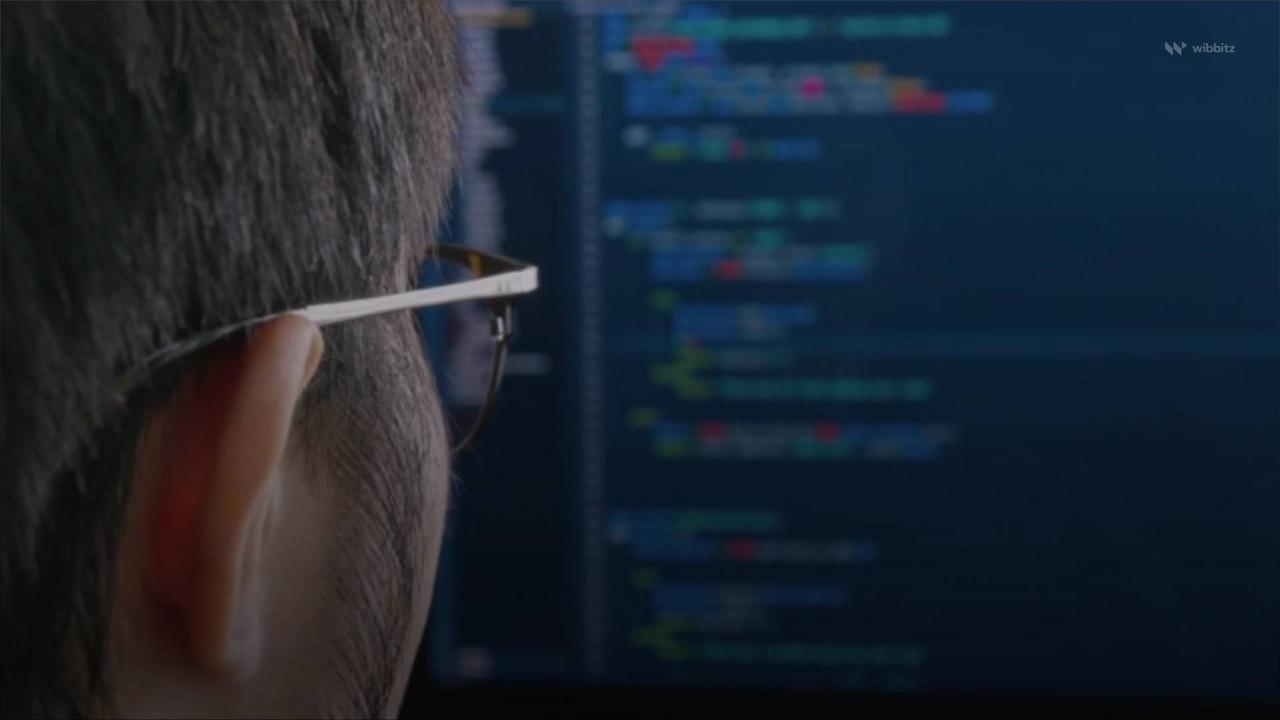AI Automation Could Displace 8 Million Workers in the UK, Report Warns

AI Automation Could Displace 8 Million Workers in the UK, Report Warns
AI Automation Could Displace 8 Million, Workers in the UK, Report Warns.
'The Guardian' reports that nearly 8 million jobs in the United Kingdom could be lost in a potential artificial intelligence "jobs apocalypse.".
'The Guardian' reports that nearly 8 million jobs in the United Kingdom could be lost in a potential artificial intelligence "jobs apocalypse.".
According to a report by The Institute for Public Policy Research (IPPR), younger workers, women and lower- wage workers stand to lose the most to AI automation.
According to a report by The Institute for Public Policy Research (IPPR), younger workers, women and lower- wage workers stand to lose the most to AI automation.
The IPPR's report found that entry-level, part-time and administrative jobs face the highest risk of being replaced by AI in a "worst-case scenario.".
Over the next three to five years, the thinktank warns that more companies will use generative AI technology to automate everyday workplace tasks.
The IPPR found that 11% of tasks currently done by workers are at risk.
This includes database management, scheduling and stocktaking, which could displace entry-level workers in the secretarial, administrative and customer service sectors.
This includes database management, scheduling and stocktaking, which could displace entry-level workers in the secretarial, administrative and customer service sectors.
The IPPR warns that the number could increase to 59% of tasks in a second wave if AI technology is developed to handle more and more complex tasks.
.
The second wave could impact higher-earning jobs that involve less routine tasks surrounding database creation, copywriting and graphic design.
.
The IPPR warns that women , "are more likely to work in the most exposed occupations, such as secretarial and administrative occupations.".
According to the report, the worst-case scenario for the second wave of AI could impact 7.9 million jobs, which would negate productivity gains with zero growth in GDP for up to five years.


![India-US Unite Against Radical Islamic Terrorism: Tahawwur Rana's Extradition Sealed| Oneindia [Video]](https://video.newsserve.net/300/v/20250214/1402004948-India-US-Unite-Against-Radical-Islamic-Terrorism-Tahawwur.jpg)